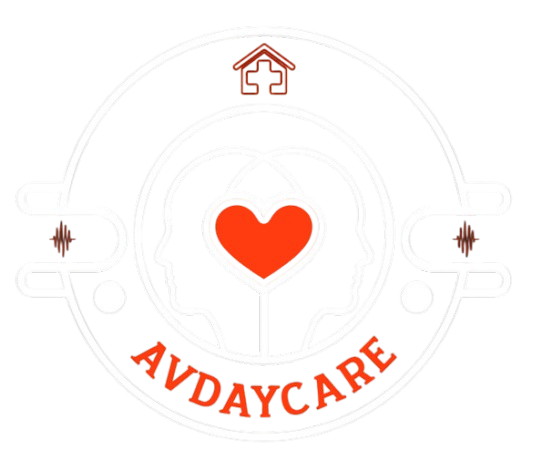
Dietary supplements that suppress your appetite help you lose weight by reducing your appetite or making you feel full. They may be useful for those who are significantly overweight. Additionally, over-the-counter diet medications are available. When you combine Organic appetite suppressant pills with a healthy lifestyle adjustment like exercise and diet, you’ll lose more weight.
Appetite suppressants: what are they?
One class of weight-loss medication is appetite suppressants (diet pills). They have an impact on the brain’s appetite. Diet medications might reduce your appetite or help you feel fuller more quickly. You consume fewer calories as a result, leading to weight loss.
How well do appetite suppressants work?
People who use prescription appetite suppressants in conjunction with a good diet and regular exercise typically lose between 3% and 9% of their initial weight in a year.
Who should take appetite-suppressing medications?
If you have any of the following, your doctor might advise an appetite suppressant for you:
- A BMI of at least 30 is considered overweight (obesity).
- Having a BMI of 27 or more and having diabetes or high blood pressure (hypertension).

What varieties of appetite suppressants are there?
There are both over-the-counter (OTC) and prescription appetite suppressants. Orlistat (Alli®), a medication for weight loss, blocks the absorption of fat; it does not act as an appetite suppressor. Consult your doctor before using any over-the-counter diet medications. Some over-the-counter appetite suppressants may conflict with medications or have detrimental effects on health.
These prescription appetite suppressants have been given the FDA’s approval:
- Diethylpropion, brand name Tenuatedospan.
- Saxenda® (liraglutide)
- Bupropion with naltrexone (Contrave®).
- Prelu-2® (phendimetrazine).
- Pro-Fast® (phentermine).
- Topiramate with phentermine (Qsymia®).
How much of an appetite suppressor is advised?
Some prescription appetite suppressants have FDA approval for short-term (12 weeks or less) use. With the agreement of your healthcare professional, you might be allowed to continue taking some prescription drugs indefinitely if you lose weight without experiencing any negative side effects.
What advantages can appetite suppressants offer?
Appetite suppressants can accelerate weight loss for certain people. Dietary supplements can assist you in altering your eating habits and teaching your body to detect fullness signs.
What dangers are associated with taking appetite suppressants?
Appetite suppressants seldom harm the liver. If you experience symptoms of liver illness, such as jaundice, call your doctor right once (yellow skin or eyes). Additional negative effects include:
- Constipation
- Cough
- Dizziness
- Dry mouth or a shift in taste perception.
- Fatigue
- Headaches
- Elevated heart rate or blood pressure
Suppressing your appetite can assist you to start losing weight and reducing hunger. Your healthcare practitioner can assist you in identifying the ideal weight-loss drug or treatment strategy for your particular requirements. Once you stop taking appetite suppressants, their effects end. Because of this, it’s crucial to maintain a balanced diet and get more exercise. These way of living adjustments are essential for sustained weight loss success.






